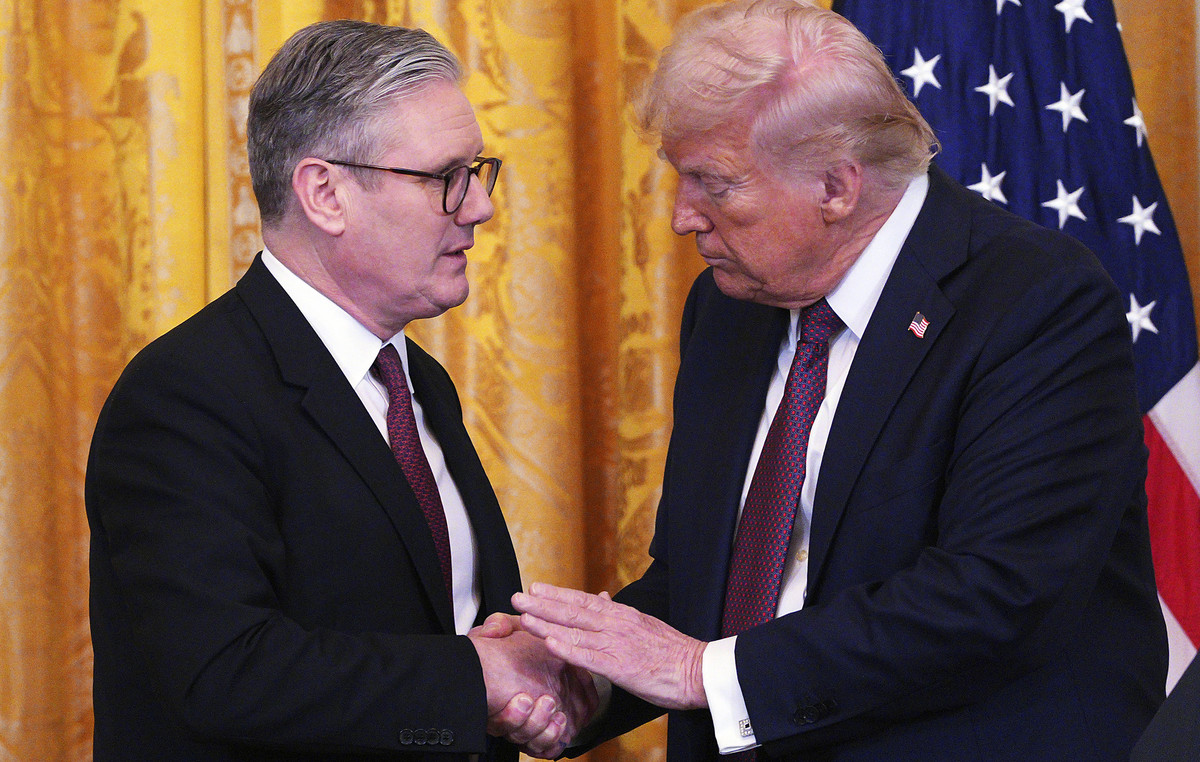Senators allied with the federal government began to outline the Proposed Amendments to the Constitution (PECs) to be presented in an attempt to stop the rise in fuel prices.
The federal government has been looking for ways to reduce final consumer fuel prices, even more so in an election year. Therefore, it has stimulated the approval of a series of projects related to fuel and electricity.
One of the most recent actions of the government has been to support the approval of a bill and two PECs in Congress, with the process to be initiated by the Senate, to reduce taxes and duties on gasoline, ethanol and diesel, for example.
The rapporteur of the project and author of one of the PECs, senator Fernando Bezerra Coelho (MDB-PE), said he hopes that the three texts will be approved in the Senate plenary next Monday (13) so that they can be appreciated in the Chamber. The project has already been approved in a first round of voting by federal deputies.
Understand, below, what the preliminary texts of the project and the two PECs that circulate among the senators say:
Opinion on the complementary bill (18/2022) to be presented by Senator Fernando Bezerra Coelho, which must define the version to be approved by the Senate
The text classifies fuels, public transport, communication and electricity as essential goods, which means that the ICMS levied on these products by the states is limited to 17%, with immediate effect after the project is sanctioned.
Federated entities should not be obliged to follow a determined ICMS rate in order to respect the autonomy of the states and the Federal District, but this rate cannot exceed 17%.
If the loss of state revenue in 2022 exceeds 5% of what they collected in 2021 because of this reduction in the ICMS rate, the federal government will bear the surplus. This surplus value will be deducted from the debts of the affected state with the Union.
The calculation for this compensation will only take into account the loss related to the sectors affected by the bill. Financial compensation will be made on debt service and not on stock. In practice, states must obtain a temporary suspension in the payment of debt with the Union.
For states without debt to the Union, compensation will be made in 2023 with funds from the Financial Compensation for the Exploration of Mineral Resources (CFEM). These states will still have priority in borrowing in 2022.
Compensation will also be allowed through adjustments with loans already made with other creditors, with the guarantee of the Union.
This compensation will be valid until December 31 of this year.
The text will also reset the PIS/Cofins and PIS/Cofins – Import rates on gasoline, hydrated fuel alcohol and anhydrous alcohol.
Compared to the text approved by federal deputies, Bezerra’s opinion should provide greater legal certainty for public managers in the application of these measures in relation to the Fiscal Responsibility Law and the Budget Guidelines Law.
Proposal for an Amendment to the Fuel Constitution to be presented by the government leader in the Senate, Carlos Portinho (PL-RJ)
The Union will help the states and the Federal District with up to R$ 29.6 billion in five monthly installments of up to R$ 5.92 billion to be established, simultaneously:
– zero rate for ICMS levied on diesel fuel, liquefied petroleum gas, petroleum derivatives and natural gas;
– 12% rate for ICMS levied on hydrated ethanol sold in its territory.
According to the text, the rates must be valid between July 1 and December 31 of this year. The PEC will also be valid until December 31 of this year.
The five installments of the Union’s financial aid will be delivered as follows:
– first installment until August 31, 2022;
– second installment until September 30, 2022;
– third installment until October 31, 2022;
– fourth installment until November 30, 2022;
– fifth installment until December 27, 2022.
The intention of the financial aid is to reduce the impact of the measure on the federated entities. The amounts will be delivered by the National Treasury Department, upon deposit, with Banco do Brasil and in the respective bank account in which the regular transfers from the Participation Fund of the States and the Federal District are deposited.
Receipt of the amounts will imply the waiver of the right to claim any compensation related to the eventual loss of collection resulting from the adoption of a zero rate and 12% on the aforementioned products. The text makes it clear that the Union will not be liable for any difference between the amount of aid provided and the reduction in collection effectively determined by any of the states or the Federal District.
Expenses arising from the financial aid will be met through extraordinary credit and, in fiscal year 2022, will not be considered, up to the total amount of the financial aid, for the purposes of the limit established for primary expenses.
In principle, the amounts delivered by the Federal Government will be free of links to specific activities or sectors. However, the distribution with municipalities and the linking of the values transferred to the calculation base of the Fund for Maintenance and Development of Basic Education and Valuing Education Professionals (Fundeb) must be respected.
Proposal for an Amendment to the Biofuels Constitution to be presented by Senator Fernando Bezerra Coelho
The idea is to ensure the competitiveness of the use of biofuels – such as ethanol – against fossil fuels – such as gasoline and diesel -, based on the differentiation of the tax burden of the products.
The text provides for the maintenance of a lower rate for ICMS levied on ethanol, in comparison with taxation on fossil fuels.
According to the proposal, for 20 years, the tax difference must be maintained, even if there are changes in relation to the rates of fossil fuels.
Also according to the text, proportionality must be maintained, even in the face of judicial decisions or legislative and state proposals that change the mobile rates of fossil fuels.
The proposal has the support of ethanol producers, who calculated losses in the sector from the approval of the ICMS limitation on this item.
Source: CNN Brasil







